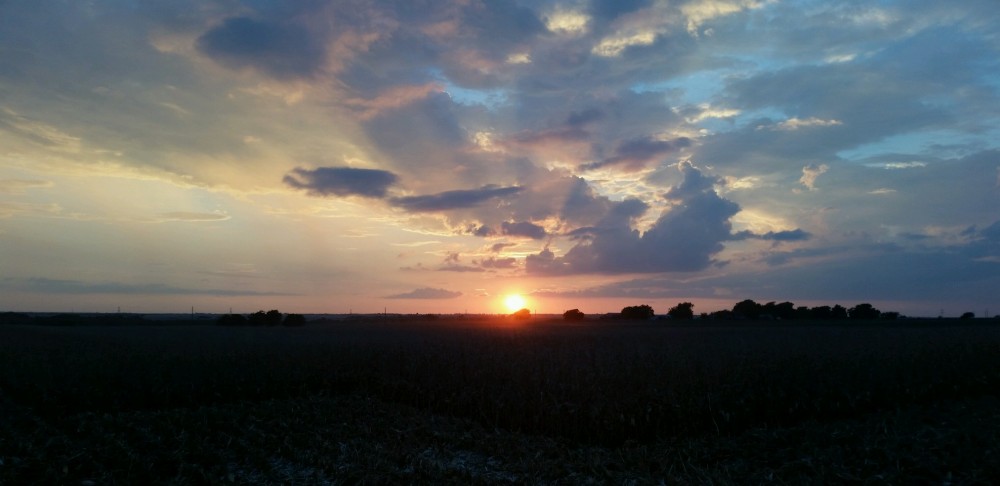Which river is the longest of the long rivers?
Of the rivers of the world, the four longest, in descending order, are reported to be: #1) the Nile River in Africa at 4,132 or 4,258 miles (6,650 or 6,853 kilometers), depending on the source of the information and the river itself; #2) the Amazon in South America at 3,976 or 4,345 miles (6,400 or 6,992 kilometers) – clearly, these first two streams are neck-to-neck in a horse race to be number one (I’ll let you make the call); #3) the Yangtze in China at 3,917 or 3,988 miles (6,300 or 6,418 kilometers), numbers that could vie for number two on the list, if not number one (measuring long rivers is apparently not an easy thing); and #4) the Mississippi in the United States at 3,902 miles (6,275 kilometers), close to number three but not quite there.
After these follow a long listing of other long rivers, none close to the top four, where only a few hundred miles or less may separate the leaders from each other.
Each of the mighty four is, in its own right, noteworthy and has been, in its own ways, the subject of quotation.
I grew up not far from the upper reaches of the Mississippi. My first college was on a bluff carved high above the waters of the river, and my dormitory room on the top floor was considered the highest point in the State of Iowa. The city was Dubuque, founded by French fur traders and the far-traveling Father Julien Dubuque. The town is reputed to be the oldest European settlement west of the Mississippi, because the village began and still resides on the west bank. I had family who for a time lived near and made their living from fishing the river, and as a boy I peered over and into the spring-fed basins at the monster fish they pulled from its depths. The bluffs and by-ways of the Mississippi harbor the fantastic memories of my childhood and afforded me in later years a comforting home and base for travel. It is a river whose banks and towns I am close to.
As Mark Twain once said:
“The Mississippi River towns are comely, clean, well built, and pleasing to the eye, and cheering in spirit. The Mississippi Valley is reposeful as a dreamland, nothing worldly about it . . . nothing to hang a fret or worry upon.”
I have not visited the other great rivers. The Nile, The Amazon and The Yangtze wait in their own manner and at their own pace. From my years of reading stories and viewing pictures, I know much has changed along their banks, as it has along my own. Dams ands dikes have come and gone. Cities have sprouted, expanded and become fantastic. Men and women have grown old and left us.
My Grandpa Harry was a great lover of the river.
Children have been born.
When I was little, no more than a toddler, Grandpa would drive me along the bluffs of the Mississippi. I would reach up over the edge of the car window and stare fearful down at the far drops and out over the new and mysterious waterland.
The rivers of our Earth carry themselves to their length and smile in their wave and ripple at our passing attempt to alter their course.
I may never see the other great rivers, but I have in my own seen something of them.
The view of a great river is a scene of the heart alive in the memories of those who follow its course.
A Master Pilot of the River, Mark Twain was right: “There is nothing there to hang a fret or worry upon.”
Of that, I am forever grateful and amazed.
Grandpa Jim
